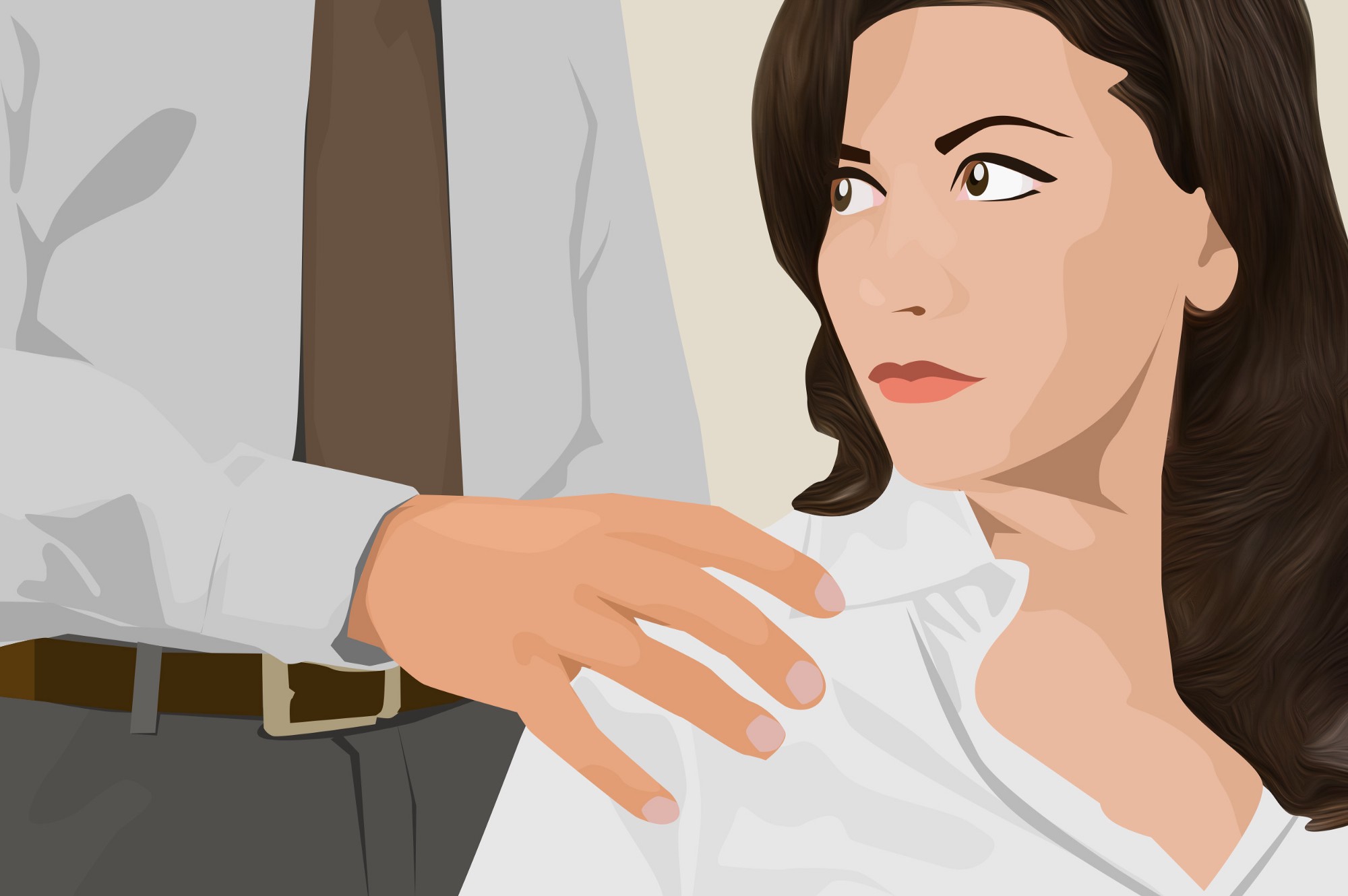Recently, accusations of sexual assault and harassment are pouring into news and social media. Many women have come forward, accusing men in the highest positions of power in industries such as entertainment, media and government. But how do authorities and the public determine when such accusations are based on events that actually took place?
In truth, there is a pattern of behavior that offenders and their victims often follow when they are aware that they’ve done something that is either legally or socially unacceptable. Matt Lauer, a former NBC news anchor who was recently terminated due to accusations and overwhelming evidence of sexual misconduct in the workplace, like many others, has exhibited this pattern of behavior. With much success, this pattern has been hidden from the public up until now.
Accusations are not just handed out to the people you see on the evening news; as an individual, not only do you have to decide for yourself what you believe about these cases, but you also must determine what you believe is right and what is wrong, who is innocent and who is guilty when such occurrences take place in national news and on your own college campus.
Taking a Switzerland-like approach in order to determine if a victim is telling the truth about what really happened, one should consider two different sets of elements. First, consider the behavior of the victim, as they take the following into account:
- Take note of the timing of the report. Sometimes, people are afraid that reporting an incident will result in the loss of a job or scholarship or even just end up bringing plain embarrassment. However, some individuals might come up with stories that they just so happen to report right before their supposed offender is about to possibly enter a position that the public has a say in putting them in, especially when they support an opposing individual.
- Does this person have a history of lying? It’s not a little-known fact that there are many, many people in this world who have a long track-record documenting various occasions in which they reported false information for no reason. If such a person comes forward with a claim, one should absolutely listen to everything that they have to say. However, it is important whenever anyone makes a claim about an event to listen to both sides of the story, as every story has two sides, prior to making a final determination on what is fact and what is fiction.
- Would this person benefit from falsely accusing someone? Consider whether a man or woman would have some motive for falsely accusing someone of inappropriate conduct. For instance, is there anybody who would pay them for lying? Are they eager for attention? Would they just like to ruin someone else’s reputation?
- Is the story consistent? There are two ways that one should examine a story in order to ensure its accuracy and consistency. To begin with, if the alleged victim or accuser changes their story, at least one of them is likely lying. For example, if an alleged victim initially reports having been on her way to the grocery store when the event she is reporting took place, and the next time she tells her story, she says that she was on her way home from class, she’s likely lying.
It is important to determine whether the stories of both the alleged victim and perpetrator align with evidence of the occurrence. Evidence of harassment and assault might come through the filing of reports, witness’ testimonies and physical evidence.
Remember when I mentioned that there are two sides to every story? Well, now it’s time to move on and examine some behavioral elements that could indicate the presence of some red flags on the part of the accused. These elements and considerations can be found below:
- Has anyone ever made a complaint relating to this person’s behavior before? Just because a person has never had a complaint filed against them does not mean that they are not capable or guilty of inappropriate harassment or assault. However, in the same way, it is important to remember that just because a person has had a complaint filed against them for something does not mean that they are guilty this time around.
Another important consideration to make is that there might not be anyone to file a complaint to apart from the police, and if a person truly was victimized, sharing their story might be uncomfortable and they might not specifically favor the course of action that authorities go about while solving the issue.
- Did they try to cover it up or bribe victims and/or witnesses into secrecy? Individuals sometimes make offers to people who have been victimized in the hope that they will not report the occurrence to others. When one really is guilty of harassment or some other similar action, chances are that they will do everything possible to prevent record of their behavior from becoming public.
- Have they acted suspiciously? Oftentimes, when a person knows that what they have done is wrong, they act like they acknowledge that they’ve done something wrong. Pacing, looking nervous, avoiding one’s accuser and trying to get in the good graces of superiors, employees, classmates or professors could very well be indicative of guilt.
- Did they allow themselves to be left alone with the alleged victim? Especially in the situation of a man being left alone with a woman, the likelihood of being accused of a crime significantly increases. Though, even if one individual does not accuse the other of anything, the fact that they were someplace alone is enough to ruin both of their reputations, especially if someone witnesses them going somewhere alone.
It’s difficult to see beloved celebrities and even individuals on your campus being accused of sexual harassment or assault. The most difficulty comes in deciding for yourself whether you feel that they committed the alleged act or not. Using the tips from this article, it can become more apparent to you whether there is a possibility that they’re actually guilty of what they are being accused. So, try to apply these tips the next time someone you know or look up to is being bombarded with accusations.

















